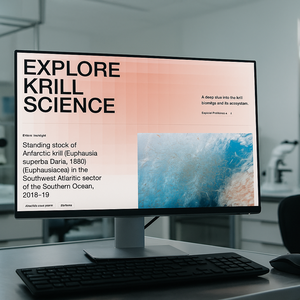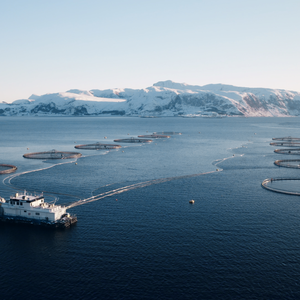In a discovery that could have broad ramifications for finfish aquaculture operations around the world, a Hawaii Sea Grant scientist has shown that recombinant bovine somatatropin (rBST) - a growth hormone - accelerates growth rates in tilapia.
BST is a bovine growth hormone that occurs naturally in cows; rBST is produced by genetically modified bacteria in the lab. The hormone, sold under the trade name Posilac by Monsanto Company, is widely used by the U.S.dairy industry to increase milk production. It has however attracted intense controversy. It has been banned by the European Union and Canada since 1999 on animal health and welfare grounds and on suspiscion of human health impacts, specifially thyroid cysts and prostate activity in men.
In experiments led by Hawaii Sea Grant Director Gordon Grau, in collaboration with California Sea Grant and Monsanto, Posilac-injected tilapia grew to almost double the size of control animals in four weeks, raising hopes of eventually boosting growth rates while decreasing feed costs. Because each tilapia has to be injected individually, however, the process is not feasible at large fish farms and requires further study. A parallel study led by Ernest Chang at the University of California showed rBGH to have no effect on growth rates in shrimp.










